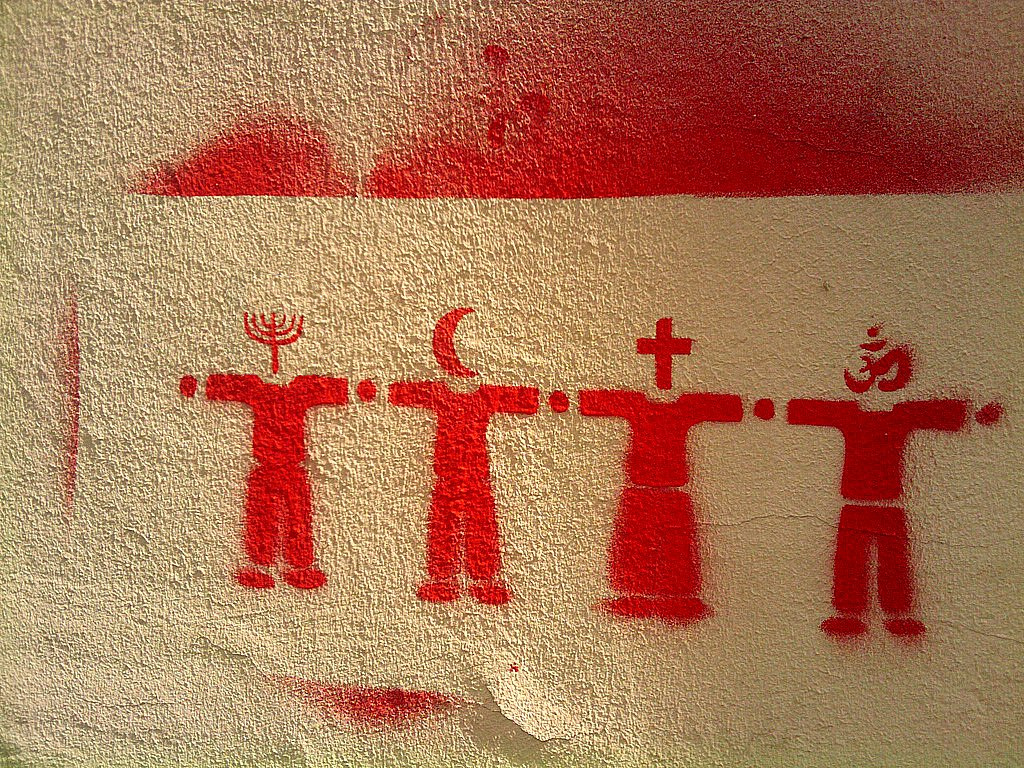
Speaking honestly and forthrightly is often frowned upon in regional politics. Being too explicit or realistic, for example, is often seen as ‘unhelpful’ or, even worse, as sabotaging the ‘art of the possible’. Being an Idealist, in contrast, is synonymous with being progressive and enlightened. A common symptom of political idealism, especially over the last twenty-five years, has been to create an organization or initiative and then worry about defining its everyday purpose, form and function at a later point in time. “Build or create it and they will come” isn’t an unfair way to describe this approach. Take the African Union’s African Peace and Security Architecture (APSA), for example. In theory, it is a regional mechanism designed to prevent, manage and resolve conflicts in Africa. In truth, it remains nothing more than a construction site. The fifty-four member-states of the AU, whose headquarters continues to be largely financed by the European Union, have not really taken ownership of the ‘site’. Nor have they fleshed out one of the APSA’s main elements – the African Standby Force (ASF). Yes, the truth may be ugly and in ‘bad taste,’ but the reality today is that the APSA is only being taken seriously by those who make their living from it.

